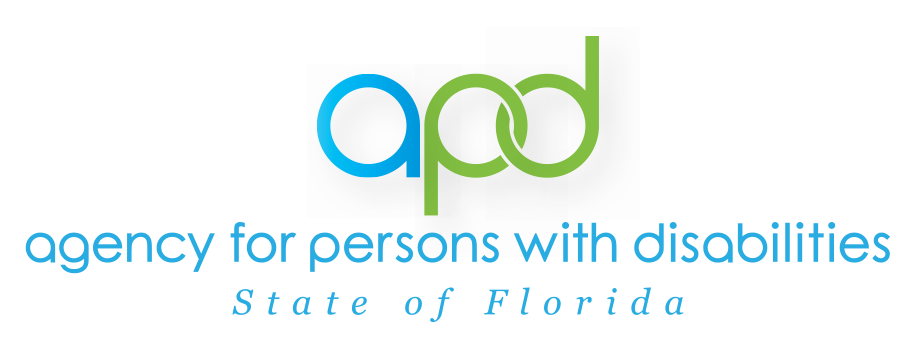Personal Supports
Personal supports services provide assistance and training to the recipient in activities of daily living, such as eating, bathing, dressing, personal hygiene, and preparation of meals. When specified in the support plan, this service can also include heavy household chores to make the home safer, such as washing floors, windows and walls; tacking down loose rugs and tiles; or moving heavy items or furniture. Services also include non-medical care, and supervision. This service can provide access to community-based activities that cannot be provided by natural or unpaid community supports and are likely to result in an increased ability to access community resources without paid support.
Personal supports are designed to encourage community integration. Personal supports in supported living are also designated to teach the recipient about home-related responsibilities.
Providers and employees of provider agencies must:
- Be 18 years or older
- Possess a high school diploma or GED
- Possess at least one year of verifiable experience working directly with individuals receiving services in a medical, psychiatric, nursing, or childcare setting or working with recipients who have a developmental disability
- In lieu of the required working experience, applicants may have 30 semester hours, 45 quarter-hours, or 720 classroom hours of college or vocational school
Respite Care
Respite is generally used due to a brief planned or emergency absence, or when the primary caregiver is available, but temporarily physically unable to care for or supervise the recipient for a brief period of time.
Respite care is a service that provides supportive care and supervision to recipients under the age of 21 years when the primary caregiver is unable to perform the duties of a caregiver.
Providers and employees of provider agencies must:
- Be 18 years or older
- Possess a high school diploma or GED
- Possess at least one year of verifiable experience working directly with individuals receiving services in a medical, psychiatric, nursing, or childcare setting or working with recipients who have a developmental disability
- In lieu of the required working experience, applicants may have 30 semester hours, 45 quarter-hours, or 720 classroom hours of college or vocational school
- Providers of respite care services can be licensed residential facilities, licensed home health or hospice agencies, licensed nurse registries, or agencies that specialize in services for recipients with developmental disabilities
- Nurses who render respite care services as solo providers must be licensed in accordance with Chapter 464, F.S.
Select the button below for application information
